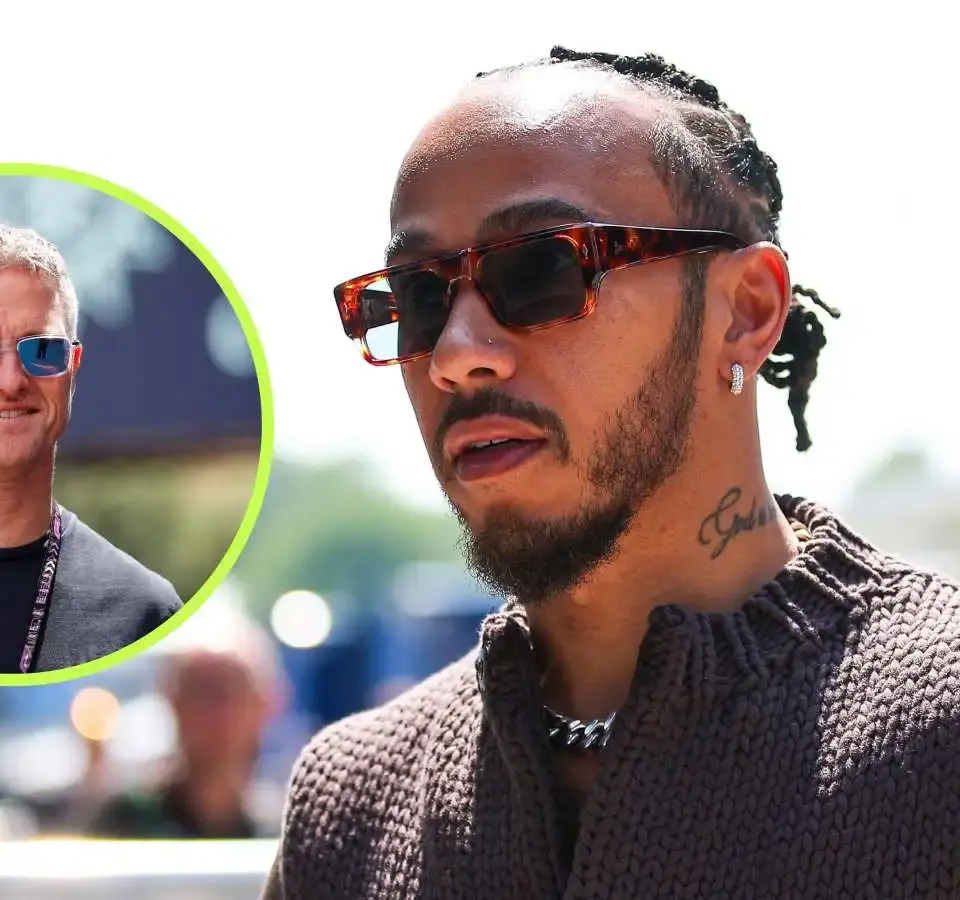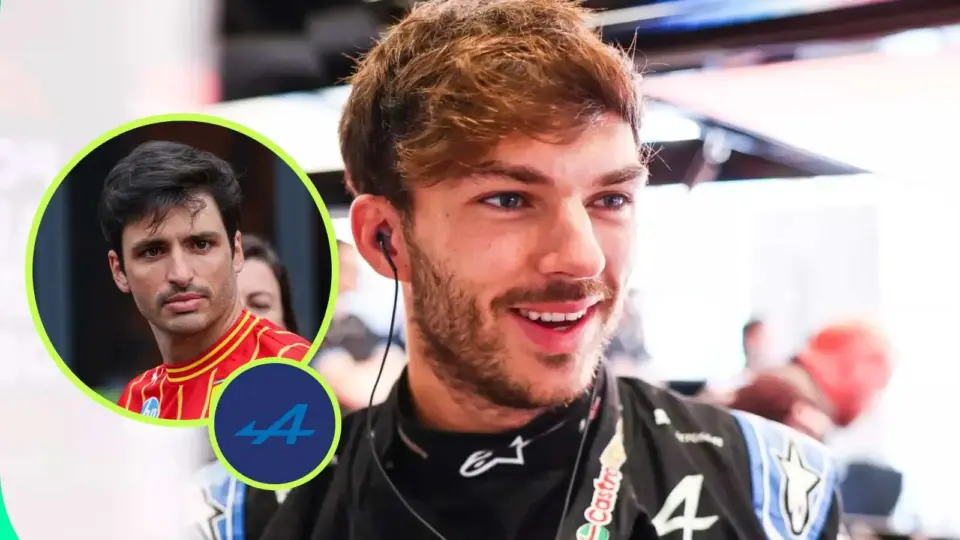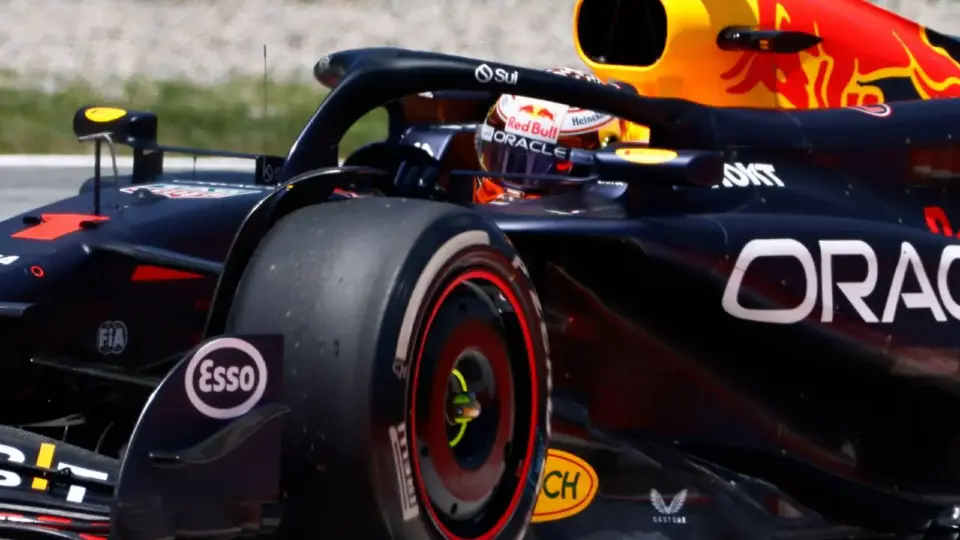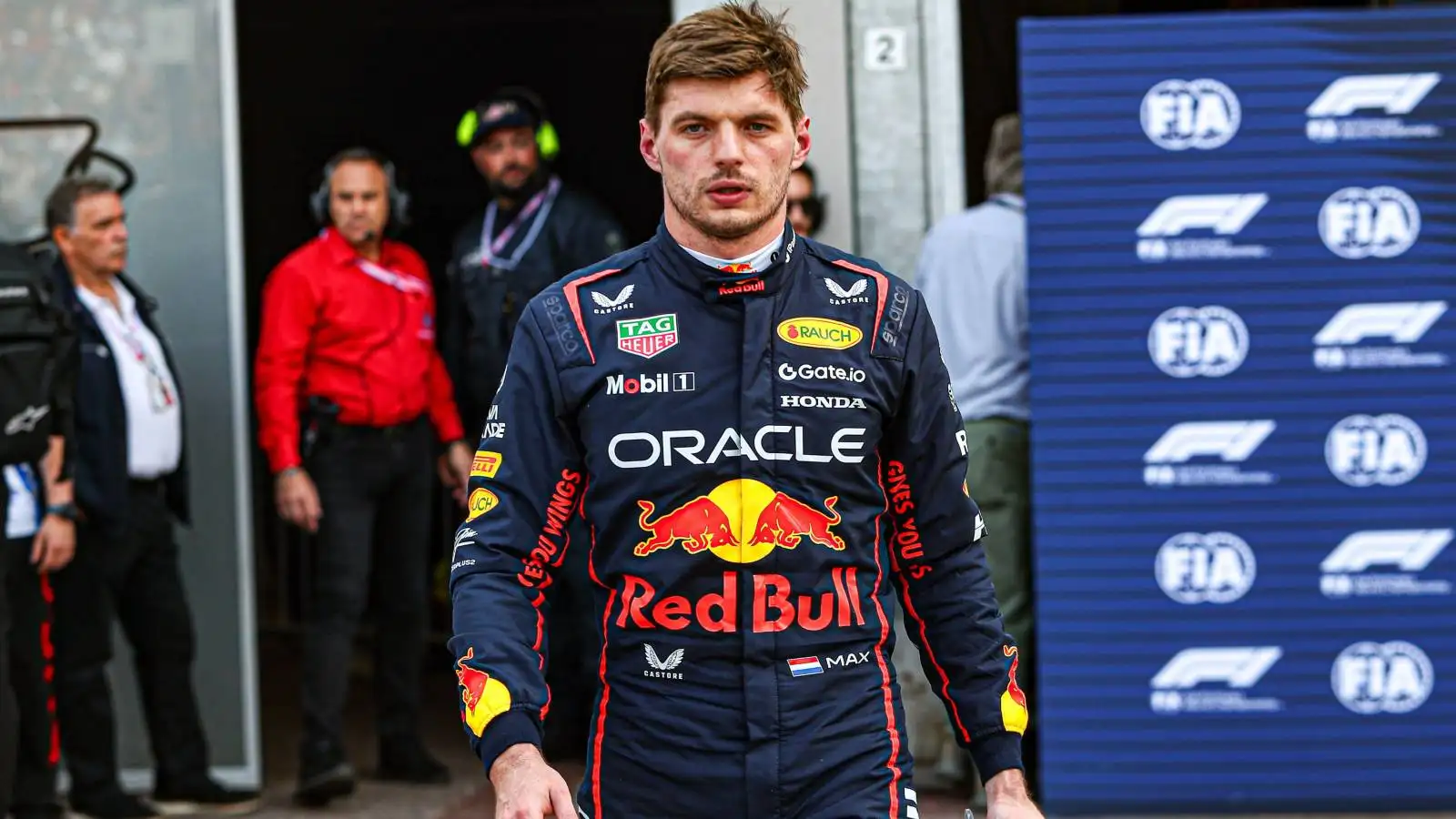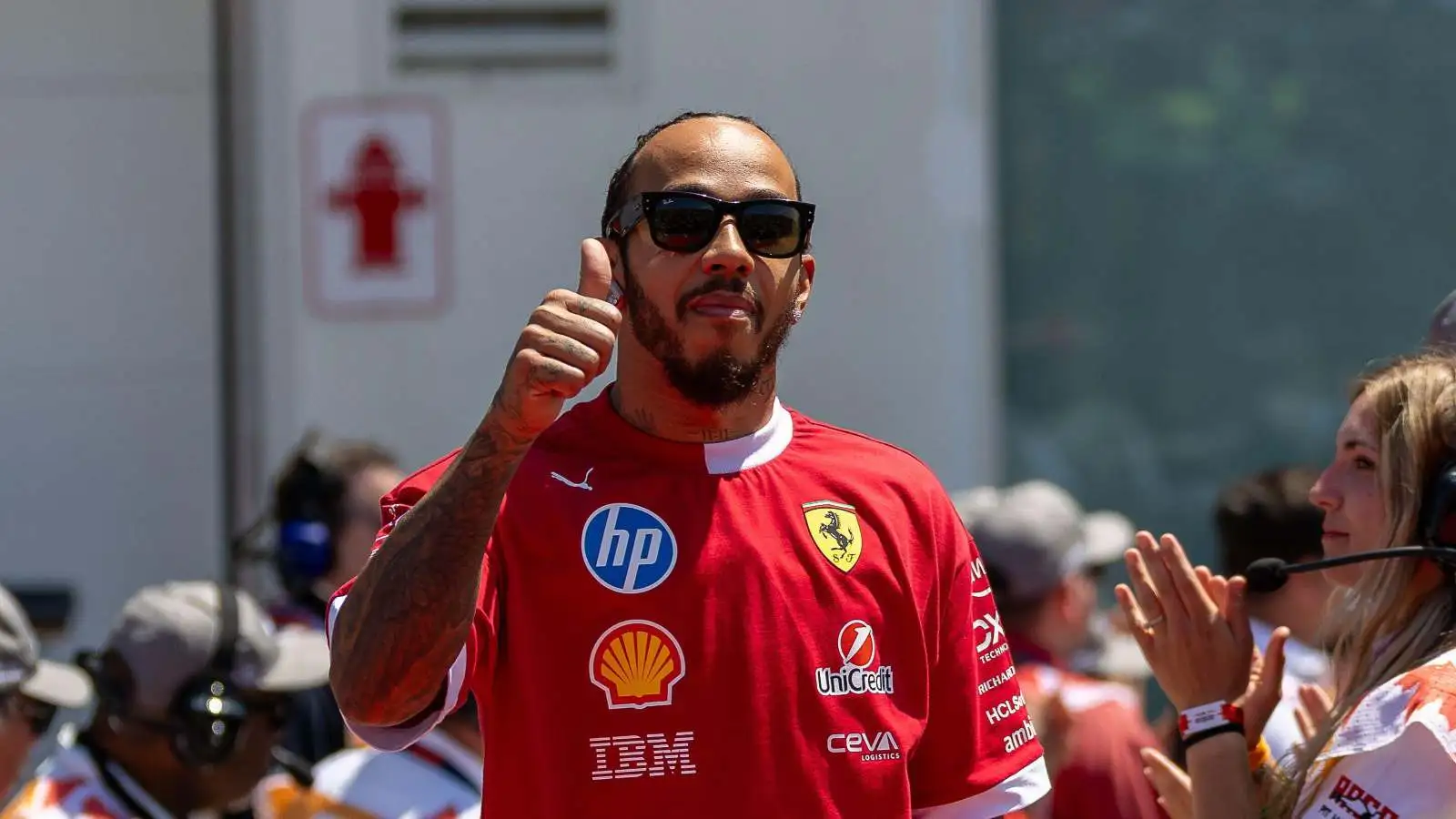Lewis Hamilton supports Ralf Schumacher’s coming out but sees more to be done for inclusivity in F1.
- Hamilton acknowledges the progress but emphasizes the need for a truly inclusive environment in motorsports.
- In the press conference, Hamilton called for dialogues to address inclusivity issues.
- Hamilton suggests using anonymous feedback to gauge inclusivity within F1.
- He shared an incident at the Canadian Grand Prix to highlight the need for better facilities.
In a recent conversation with the media, Lewis Hamilton expressed his continued support for inclusivity in sports, especially following the news of Ralf Schumacher coming out. Hamilton praised Schumacher’s courage and recognized it as a positive step forward, but he was quick to point out that there is still a significant distance to cover for true inclusivity within Formula 1. Hamilton has long utilized his platform to advocate for equality across racial, gender, and sexual lines, hoping to foster a more welcoming environment in motorsport.
Hamilton addressed the media with transparency, stating, “I think within sports, [inclusivity] still has a long way to go.” For him, it’s not enough to declare an environment as inclusive; it’s about ensuring that individuals genuinely feel comfortable and accepted. Hamilton attributed the male-dominated nature of the sport as a barrier, noting Ralf Schumacher as one of the first to publicly address this issue in the realm. While Hamilton affirmed his team’s inclusive nature, he stressed that Formula 1, as a whole, needs to improve in making women and minority groups feel welcome and respected.
When asked what could be done to enhance inclusivity, Hamilton admitted the complexity of the issue. However, he believes that opening up conversations and maintaining dialogue with key stakeholders is essential. Engaging with the community and receiving feedback from people directly affected by these matters could be valuable. Hamilton even proposed anonymous questionnaires to reflect on inclusivity experiences, highlighting the need to recognize the problem rather than shove it to the sidelines.
An instance from the Canadian Grand Prix exemplified Hamilton’s advocacy. He encountered a situation where an individual with disabilities was barred from using a bridge to access facilities, prompting Hamilton to converse with authorities and later urge organizers to improve accessibility. Such moments demonstrate his commitment to making Formula 1 a sport where everyone can participate and enjoy without hindrance.
Despite noting the gaps in inclusivity, Hamilton commended Ralf Schumacher for his bravery in coming out. It signifies a changing era in motorsport, where people no longer have to live in fear of being themselves. Schumacher reportedly received only positive feedback, which Hamilton sees as a result of the progressive times and the gradual shifts within the sport.
While Schumacher’s coming out marks progress, Hamilton’s insights remind us of the ongoing journey towards inclusivity in motorsport.
